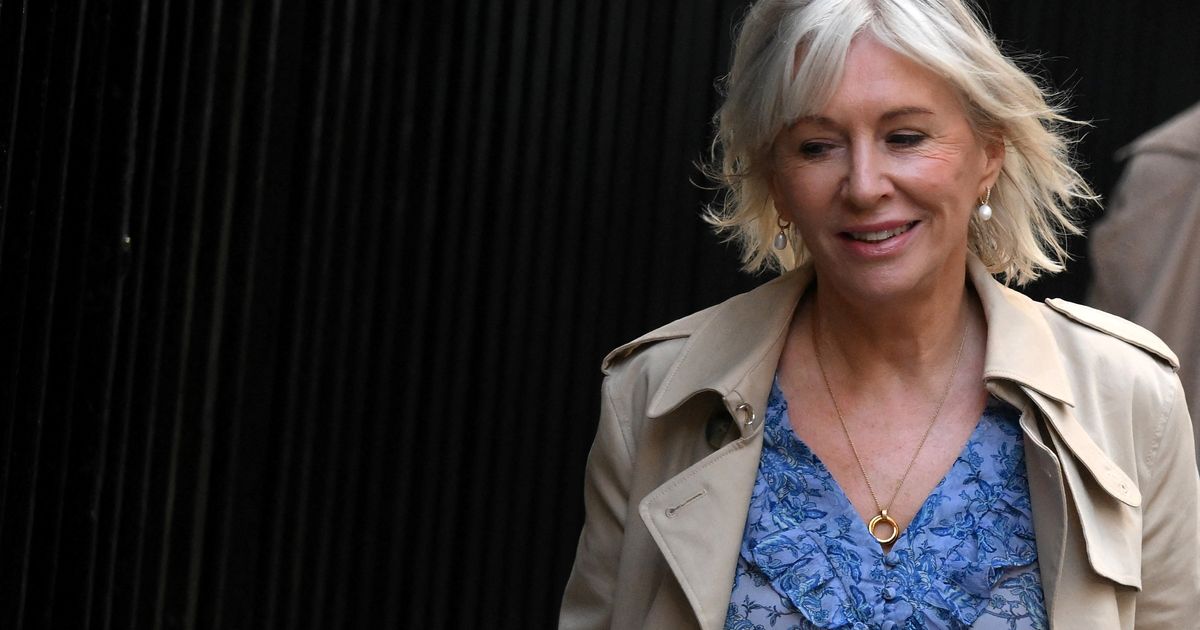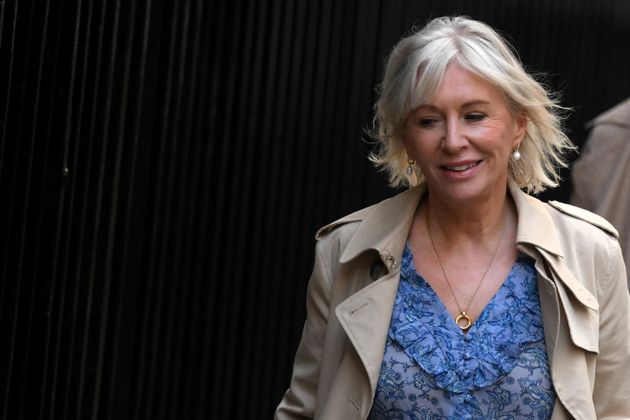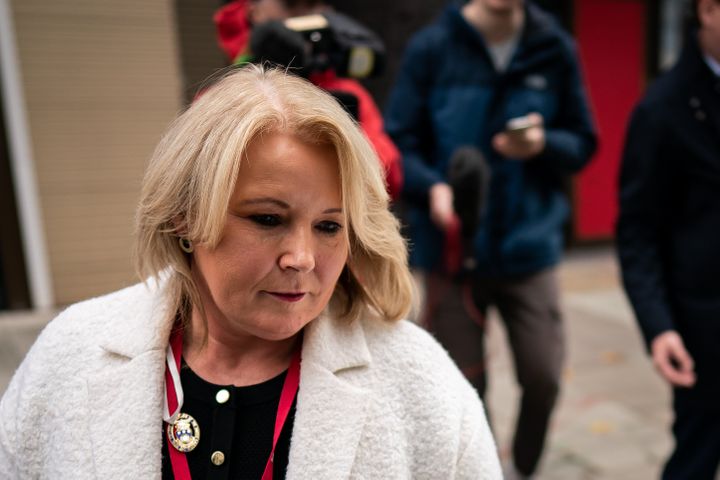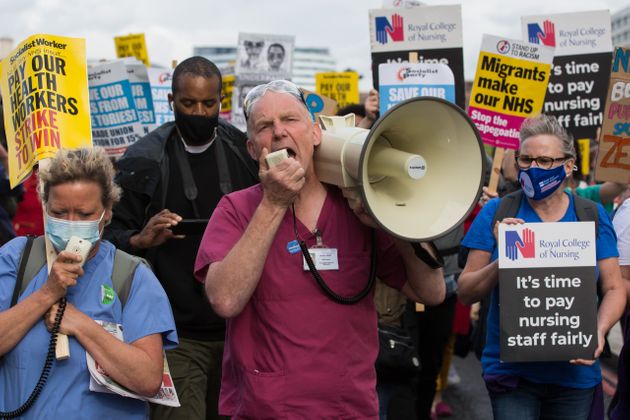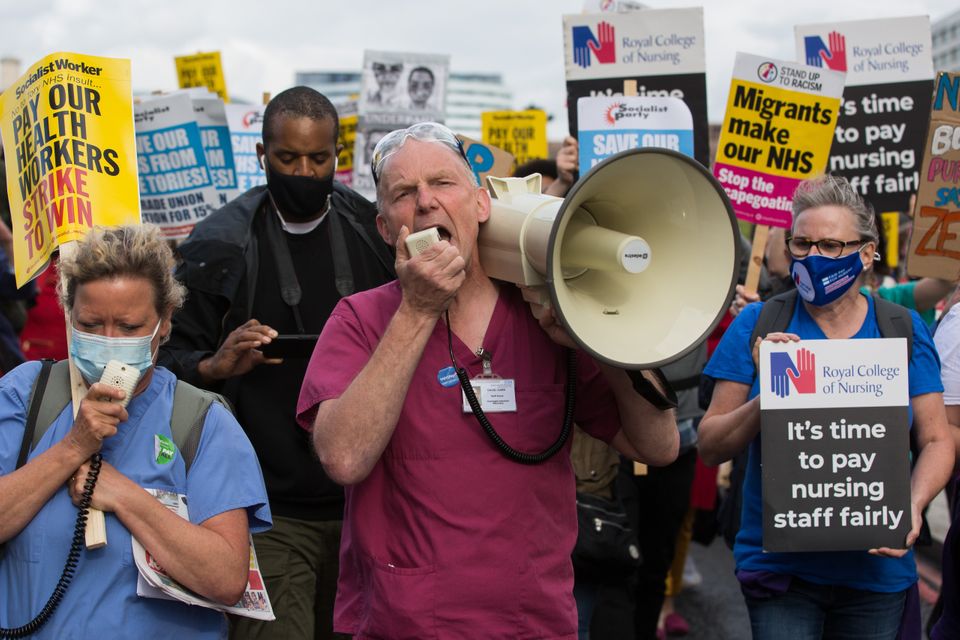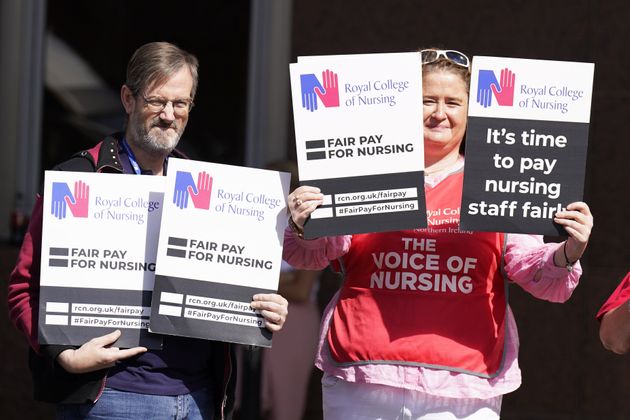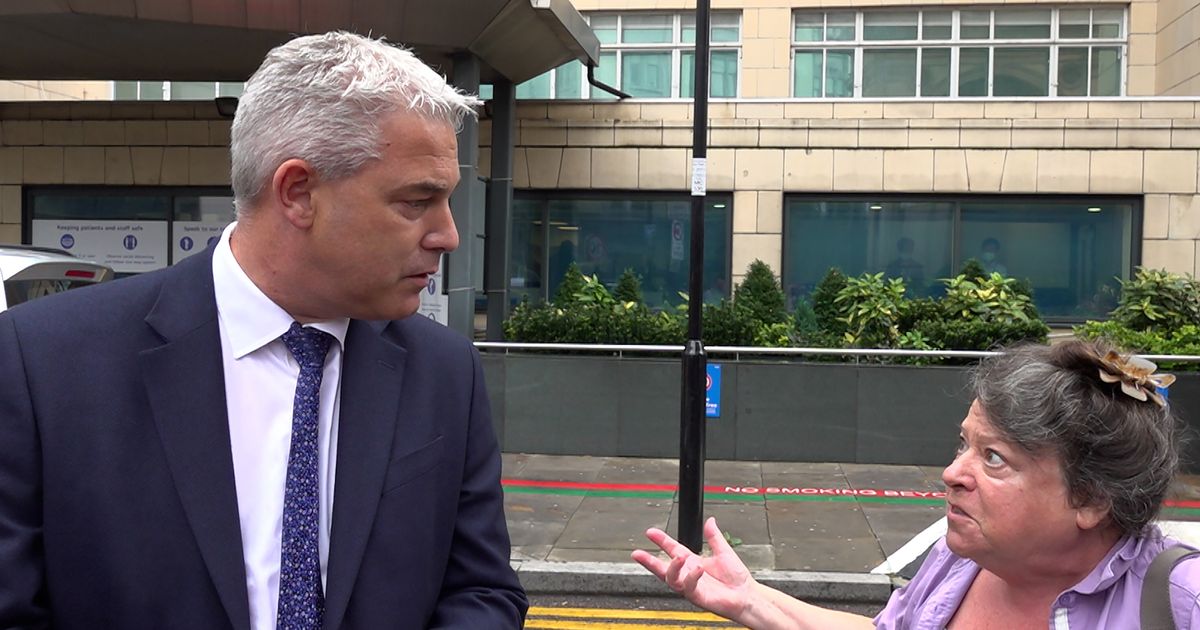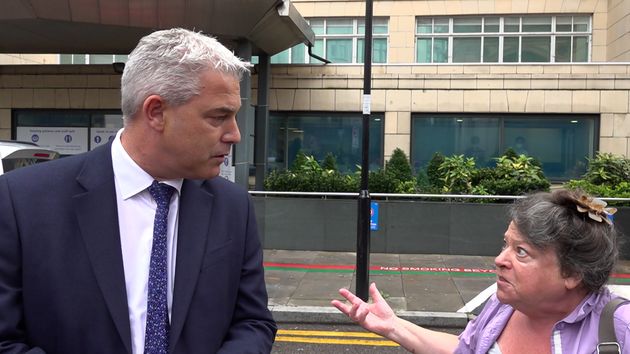
BBC Radio 4′s Mishal Husain suggested the government has no choice but to resolve NHS strikes in a tense interview with the health secretary this morning.
The Today programme host pointed out that – just as junior doctors and consultants are about to go on strike simultaneously – the impact on NHS patients is getting worse.
Advertisement
Husain said the latest figures show the waiting lists to be at record levels at 7.6 million people waiting to start routine treatment.
But, she noted that prime minister Rishi Sunak made it one of his five pledges to voters to bring the number down.
The presenter asked: “How can you do that without resolving doctors’ strikes?”
Barclay replied: “There’s no question that the strikes are having an impact in terms of harming patients.
“Now, we have been making progress through our recovery plan, backed with £8 billion of investment.”
He said they had eliminated the two-year wait for treatment, and “virtually” eliminated the 18-month wait.
Advertisement
Husain pointed out: “The overall figure is at a record number!”
Barclay replied: “No, no, I’m accepting that the overall number on the waiting lists has increased.”
He went on to say that the government has boosted the NHS’s capacity with community diagnostic centres.
But Husain just asked again: “What’s your plan to end the doctors’ strike?”
The health secretary insisted that the government has offered a “fair and final” resolution, accepted the pay review bodies’ suggestion for a pay increase and implemented the BMA union’s “number one ask” to change pension and taxation.
“But the strikes are going on,” Husain cut in. “I think most people would probably look at this and think that your plan is basically based around hoping that the doctors give up. There’s absolutely no sign of that.
“How can you possibly meet your waiting list pledge, the PM’s waiting list pledge, without resolving this strike?”
Barclay said the government had also promised to bring down inflation, and that was another pledge Sunak made in January.
Advertisement
He also claimed that the strikers’ pay rise request was too high, and he had stay fair to other public sector workers.
Husain then tried once more, pointing out: “You’ve got a specific pledge on waiting lists to bring them down – and they’re going up.”
But, the health secretary just suggested once again the pay rise request from junior doctors is not “fair” for others.





